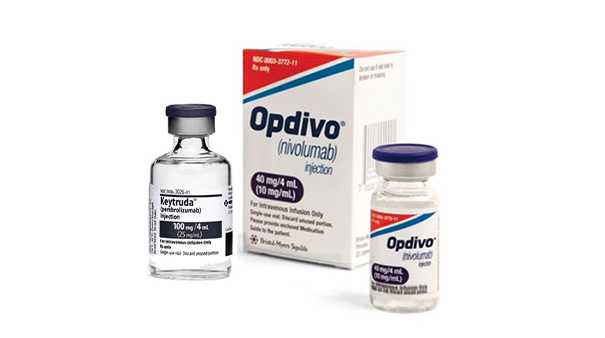BMS calls time on brain cancer trial as Opdivo misses second target

Bristol Myers-Squibb has put out another downbeat “update” announcement about its immunotherapy Opdivo in an aggressive form of brain cancer, saying that it looks unlikely to produce a survival benefit in the disease.
BMS said an independent committee had reviewed data from the phase 3 CheckMate-548 trial in newly diagnosed MGMT-methylated glioblastoma multiforme and concluded that it would be unlikely to meet its primary overall survival (OS) goal.
The company already announced in September last year that the trial had missed its other primary endpoint of progression-free survival in all randomised patients.
There were no safety concerns that warranted stopping of the study, which will be unblinded to investigators following the announcement.
Patients will be advised on their treatment options, and those currently deriving benefit from Opdivo (nivolumab) are permitted to continue treatment if agreed to with their doctor.
After a complete evaluation of trial results, investigators will share final results with the oncology community.
CheckMate-548 is testing Opdivo plus current standard of care (temozolomide and radiation therapy) versus placebo plus standard of care, in patients with newly diagnosed GBM with MGMT promoter methylation.
The secondary endpoints are investigator assessed PFS, and OS rate at 12 and 24 months.
The news comes as former Celgene shareholders wait to see whether the FDA will approve a cancer cell therapy ahead of a deadline on New Year’s Eve.
Celgene shareholders were given a tradeable three-drug bet known as a Contingent Value Right (CVR) for every share they owned when the companies merged in November last year.
Three drugs need to be approved before certain deadlines for each CVR to pay out $9 – the MS drug Zeposia (ozaonimod) has already been met earlier this year.
The cancer cell therapy for lymphoma known as liso-cel must be approved by the FDA New Year’s Eve, followed by another CAR-T ide-cel on March 31 next year.
Both of these deadlines are under threat, with the FDA waiting on results from an outstanding factory inspection after the regulator delayed its review by three months by three months in May.
That inspection happened a few weeks ago and there renewed hopes the FDA will okay the drug in time for the deadline.
It will also be a close-run thing with multiple myeloma drug ide-cel, which has a decision date just four days before the final 31st March deadline.












